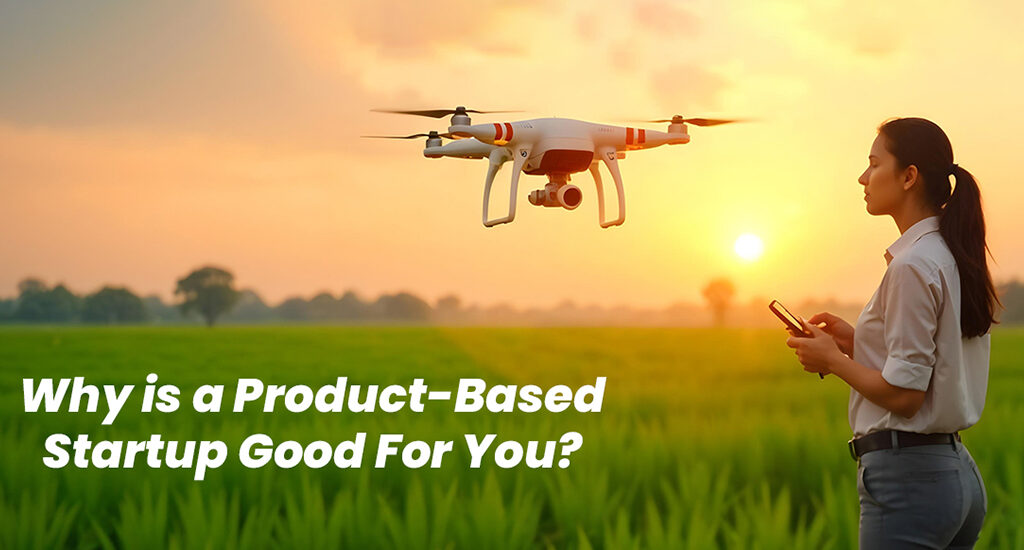Whenever I listen to any startup pitch, I observe that people are too lazy to work; hence, they aggregate to show scalability in their concept /idea.
The startup word has come very recently. Otherwise, it’s in our inherent nature that humans, when born, have innate survival skills and earn their livings. Now, we are driven more by fancy words, feel good, and feel entitled to be part of some fancy ecosystem.
Looking back in history, everybody was working to survive and earn their bread. Post-industrialisation, we felt comfortable working for others and getting paid, which is not wrong. The worst part is that we need to put creativity into our work. Generally, the mindset is that you work as directed and don’t want your energy to make your work more creative and innovative. This habit has made our minds very lazy.
I am surprised that whenever I see startup pitches, they mostly talk about either software as a service or a platform, whereas others generally sell or find clients. Everything in some other form is either aggregated or on one platform.
When creating a product, the focus should be on its genuineness and its ability to solve a problem for people. Quantity is not what people are after; they crave quality.
Successful entrepreneurs sell products, conduct thorough research, develop more products, and actively engage with customers.
Let’s delve into the highlights of some potential products.
First is drones. Drones have become so popular that everyone looks into them from a growth perspective or as a revolutionary product.
- The global drone market was valued at around $15 billion in 2020 and is projected to reach over $40 billion by 2026, growing at a CAGR of approximately 20%. Why
- India has seen significant growth in the drone startup ecosystem, with around 150 to 200 startups operating in various segments of the drone industry.
- As of the latest reports, the Indian drone ecosystem has attracted significant investment, with startups raising over $100 million in funding over recent years.
- Several drone companies involved in the drone ecosystem or related sectors have shown potential for IPOs. The Indian drone industry is still in a growth phase. While many startups are gaining traction and attracting investments, most focus on scaling operations and expanding their market presence before considering an IPO.
Drones are innovative and tech-based products with many applications in various industries. The scope of drone applications is vast; they are used in agriculture for pesticide spray, crop monitoring, data driving crop analysis, logistics for delivering goods, surveys for mapping and scanning, mining for surveys, and In defence, being used for safety and security across borders.
The second most aspiring product line is Space Products. There are significantly fewer startups working on them. Space startups are not generally seen, but very few people work in them.
As of recent estimates, over 1,500 space startups are globally working in various space industry sectors. This number continues to grow as innovation and investment in space technology increase.
In 2022 alone, global investment in space startups reached approximately $17 billion, marking a notable increase compared to previous years.
Investment in Indian space tech startups has increased, with several companies raising funds from venture capitalists and private equity investors. In recent years, investments have reached hundreds of millions of dollars.
A lot of work is also being done in robotics. In robotics, the most exciting part is that robots manage things or processes the ERP manages. Software services are now being acquired by robotics. You may have seen this in Dubai that many restaurants have integrated robots that can take orders, serve food, and even deliver meals to tables.
These robots often use touchscreen interfaces or voice recognition to interact with customers. Hotels and resorts are utilizing robots for room service and concierge tasks. These robots can navigate the premises and deliver items directly to guests’ rooms.
If you are an aspirational startup that wants to work towards building a startup, you need to think from the product perspective. People wish for solutions combining AI and physical products so that human intervention is not required, but a personal touch is present.






